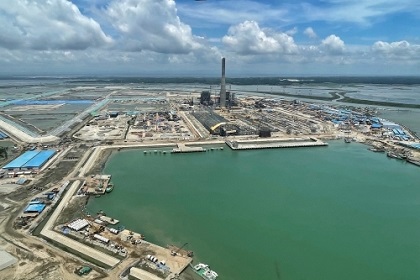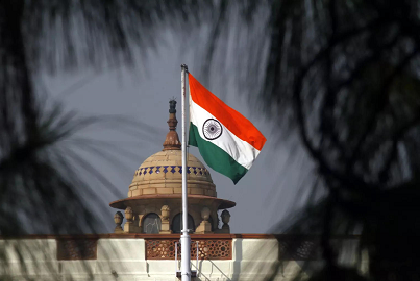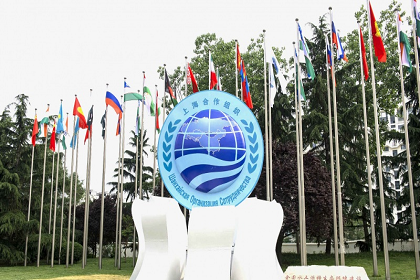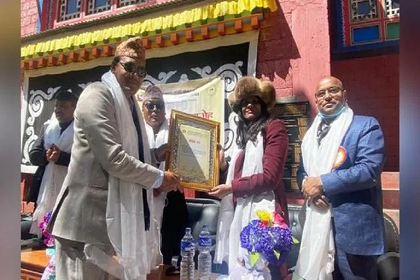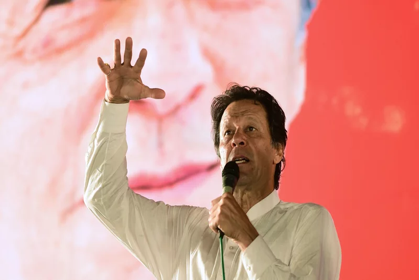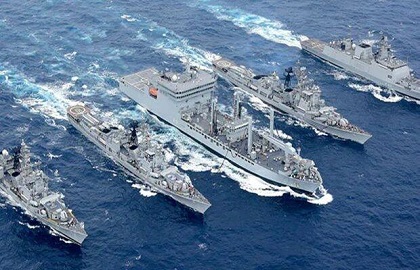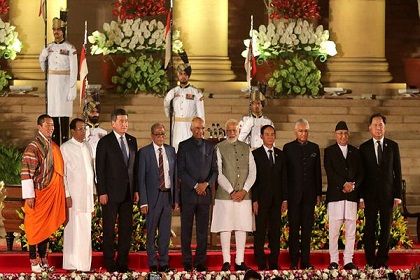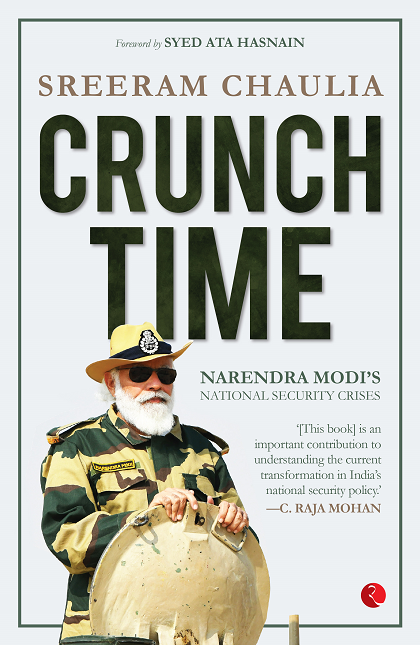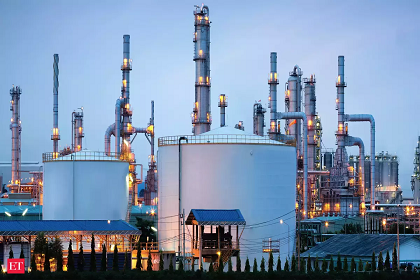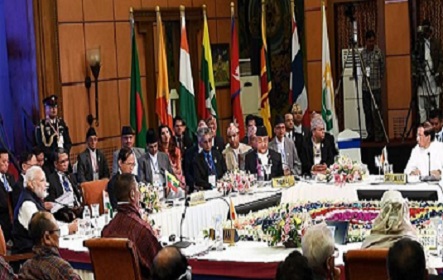A new troika for India’s Northeast
India’s Northeast is developing and getting close to its goal of being part of the Indian mainstream in connectivity and business – which is also critical for the success of India’s Act East Policy. For both goals, Bangladesh and Japan are invaluable partners and friends. The troika’s collaboration can be a model in the region.

